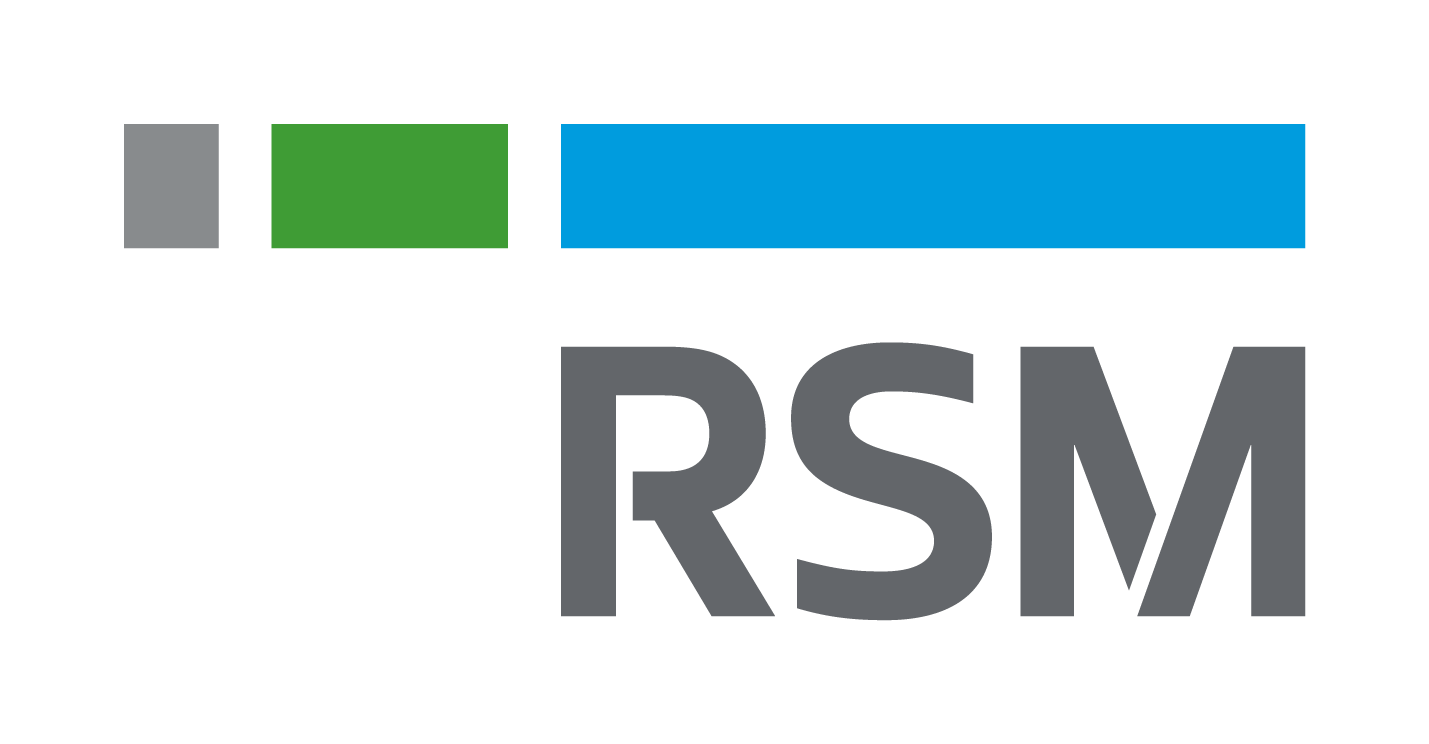Tax Returns and Social Insurance Procedures for Corporations in Japan
September 4, 2020
● Tax Returns for Corporations
National Corporate Tax
National corporate tax is imposed on the taxable income of a corporation. National corporate tax rates vary depending on the amount of capital of the corporation. The same applies among Japanese subsidiaries of foreign companies, foreign corporations, and Japanese branch of foreign corporations.
① For small and medium-sized enterprises (SMEs): 15% for taxable income up to 8 million JPY; 23.2% for taxable income in excess of 8 million JPY
② For non-SMEs: Taxable income is taxed at a rate of 23.2%
※ SMEs are defined as corporations that have a capital of 100 million JPY or less at the end of the fiscal year and are not directly or indirectly wholly owned or controlled by a larger corporation whose capital is 500 million JPY or more. The capital of a Japanese branch of a foreign corporation is the capital of its head office at the end of the fiscal year.
Taxable income for corporate tax purposes is based on the net income stated in the financial statements after certain adjustments are made for tax fairness.
Local Corporate Tax
Local corporate tax is one of national corporate tax, imposed at a rate of 10.3% on the national corporate tax amount.
Local Tax
Corporations must file tax returns and pay taxes due to the prefecture and municipality where the business is located. The local tax consists of inhabitant tax and enterprise tax.
Note that certain kinds of foreign corporations that do not have domestic (Japan) business locations are not subject to local tax.
(Tax rates in Tokyo depend on the amount of capital and income at the end of the fiscal year.)
① Inhabitant Tax
• Corporate tax levy: Tax rate varies depending on national corporate tax amount, 7% in principle
• Per-capita levy: The tax amount depends on the number of employees, capital amount, etc. at the end of the fiscal period. (Even if the company results show a net tax loss, tax is still levied in principle.
② Enterprise Tax
• Income levy: In principle, the following tax rates are imposed depending on the taxable income for national corporate tax purposes:
> Less than 4 million JPY annually: 3.5%
> 4 million JPY to 8 million JPY annually: 5.3%
> More than 8 million JPY annually: 7.0%
• Special corporate enterprise tax: 37% depending on income levy
* In addition to the above, if the amount of capital at the end of the fiscal period (in the case of a Japanese branch of a foreign corporation, the amount of capital of the head office at the end of the period) exceeds 100 million yen, a size-based business tax, which consists of the added value component and the capital component, is imposed.
Consumption Tax and Local Consumption Tax
In principle, the consumption tax rate in Japan is 10% (a reduced rate of 8% is levied on certain food and beverage products and newspapers subscriptions). Import consumption tax is also imposed on the removal of foreign goods from a bonded area.
The amount of tax payable is the amount of consumption tax received from sales, less the amount of consumption taxes paid on purchases. If the amount of consumption tax paid exceeds the amount of consumption tax received, the excess amount will be refunded.
Note that even foreign corporations that do not have a place of business in Japan can still be consumption tax payers if they conduct certain transactions within the country.
Corporations that meet certain requirements are exempt from consumption tax payers.
Depreciable Assets Tax
A list of depreciable assets for business use in Japan as of January 1 must be filed with the municipality where the assets are located. In principle, the tax rate is 1.4% of the tax base amount calculated from the acquisition cost and useful life of the asset. However, if the total tax base amount is less than 1.5 million JPY, no tax will be imposed.
Statutory report
Corporations are required to file the statutory report at the tax office. This report includes information on the amount of salaries, remuneration subject to withholding tax, rent, etc. paid for the calendar year. Royalties paid by subsidiary of foreign companies to their overseas parent companies are also declared on this report.
In addition, if the amount of remuneration per person exceeds a certain amount, they will be required to provide the name and address of the recipient, the amount of payment, and their personal identification number (my number), in addition to information regarding the total amount paid.
Business Occupancy Tax
Businesses located in large municipalities such as Tokyo will be required to file and pay business occupancy tax if their office floor area or the number of employees exceeds a certain number.
The following shows the tax rate and tax exemption points for Tokyo:
① Tax exemption points
• Size of premises for business use: Total space of business offices, etc. located within Tokyo’s 23 wards is 1,000 square meters or less
• Gross payroll: Total number of staff members, including offices in offices located within Tokyo’s 23 wards is 100 or less
② Tax rate
• Size of premises for business use: 600 JPY per square meter of business office
• Gross payroll: 0.25% of gross payroll amount
● Social insurance and other procedures for Corporations
1. Salary Payment Report
A salary payment report is a document submitted to the municipality where the employee lives, showing the amount of salary paid by the corporation to the employee during the previous year (January 1 to December 31). Based on this document, the employee’s inhabitant tax for the following year is calculated.
2. Annual Labor Insurance Report
Labor insurance consists of workers’ compensation insurance and employment insurance. Premium rates vary depending on the kind of business operations of the company.
Labor insurance premiums must be declared and paid (based on estimates) on an annual basis, from April 1 of the current year to March 31 of the following year. Both ① an approximate amount from April 1 of the current year to March 31 of the following year, and ② necessary adjustments (between the estimated amount paid in the previous year and the actual amount due from April 1 of the previous year to March 31 of the current year) are made.
3. Annual Social Insurance Report
Social insurance premiums, which consists of health insurance, welfare pension insurance, etc., are calculated based on the employee’s standard monthly remuneration. In order to determine the standard monthly remuneration, an “Annual Social Insurance Report” covering salaries paid from April to June of each year must be filed.
In principle, the standard monthly remuneration that has been revised in accordance with the Annual Social Insurance Report will be applied from September to August of the following year.
4. Year-end Adjustment
As for income taxes on salaries made by a corporation to its officers, employees, etc., it is withheld based on the amount of monthly salaries. If there is a difference between the total withholding amount and the actual annual income tax amount due, the difference will be adjusted at the December payroll.
Normally, individuals are required to file an income tax return and pay the tax themselves, but individuals with only employment income and year-end adjustments no longer need to file a return and pay the tax on their own.
However, the followings are not subject to year-end adjustments:
• Individuals whose gross salary income exceeds 20 million JPY
• Non-residents
• Individuals whose remuneration is paid by an overseas parent company, etc.







![Tax Relations of Consumption Tax in the First Year of Establishment of a Japanese Corporation [Text] Consumption Tax on a picture frame beside plant](https://shiodome.co.jp/en/wp-content/uploads/2020/02/shutterstock_561284410-300x300.jpg)